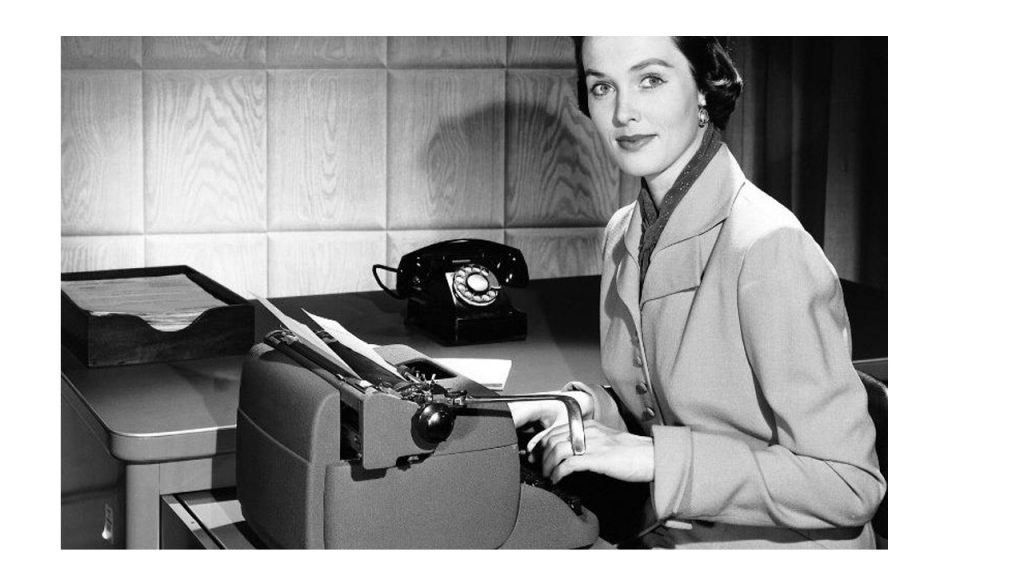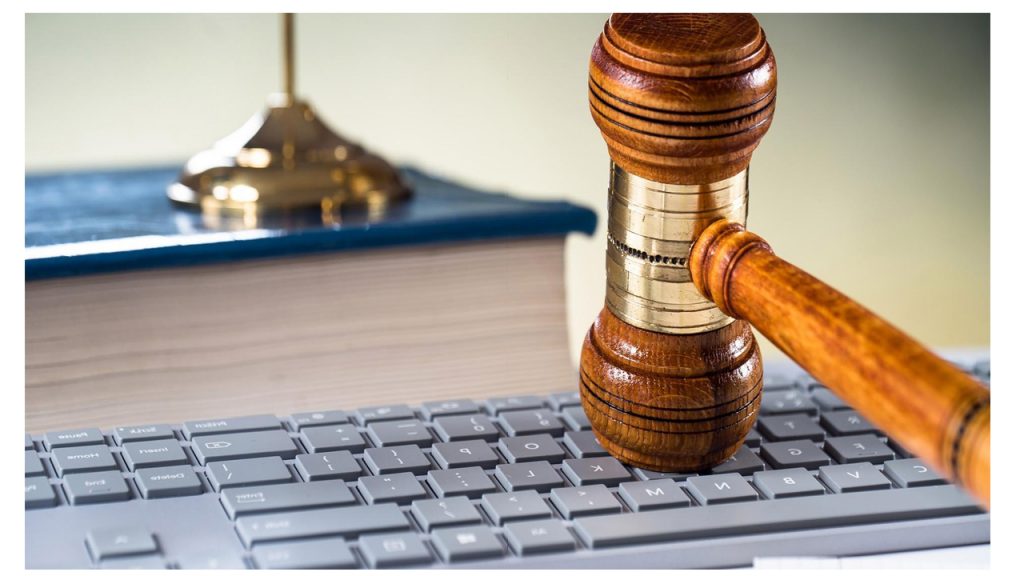The Key Differences – Legal Transcription and Dictation
Transcription and dictation in the legal field
Working in the legal business is more than challenging at times, no matter what field of law you are specialized in. You need to able to research all kinds of legal terminology, existing cases and legal exceptions, and therefore it is crucial to have access to precise information. You also need to attend many meetings for which you need thorough preparation. If you take your job seriously, you will always come prepared with well researched notes. The technology of today can help you out a lot in making those notes since there are numerous apps which help you with better organization and being more productive. Dictation and legal transcriptions are also very timesaving practices which help people working in the legal field.
So, first of all, let us define those methods. Maybe, you remember this from your school days: dictation happens when one person is speaking and the other one is writing the spoken words down – word for word. Dictation is also considered the act of speaking and recording yourself.
A transcription is a bit different. It happens when a speech that already exists on tape is written down, so that in the end you have a transcript of that tape. Let us say for example, when you are recording yourself speaking this means that you are dictating. But if you later on listen to the tape and write down what was recorded on it you are transcribing the speech.
In the legal field, transcription and dictation are valuable for legal professionals since they can both serve as notes.
For example, dictation is more practical if you want to record new ideas, especially if you are the only person who will use the tape. Also, if your aim is to prepare yourself and practice your debate skills and argumentation before going to court, dictation is a better choice. Transcriptions are better organized, so they are more convenient if you will share your information with others and if you need well structured notes for the future.
Let us now look a little bit into the differences between transcription and dictation, so you can determine which one suits you better. You should always keep in mind what will save you more time and make your life simpler.
1. Which one takes more time?
Generally speaking, dictation is quicker. We can say that it is being made simultaneously as you are speaking, and when you are done speaking, the dictation is finished as well. On the other hand, transcription is a more time-consuming, since you first need to have an audio file and then you are just beginning with the actual process of transcribing. So, even though transcriptions are handier, in case you need your information as soon as possible, dictation might be the way to go.
2. Which ones are more likely to be produced by the human hand or by a software?

When you mention dictation today, the image that comes to mind is secretaries which would write down everything you said, but things have changed drastically nowadays. In our fast-paced digital age, all you need to do is to speak into a device which will then record everything you are saying. The quality of the tapes differs and comes down to your software and potential background noises.
Even today transcriptions are often done by humans, professional transcriptionists, whose job it is to listen to the recording, type down everything that has been said and finally edit the text: For example, there is an option to leave out the filler words, if you chose so. This is something that a machine would have many problems to do, because it is difficult for the machine to recognize what is truly important or not in the transcript, despite the significant rise of various modern technologies, like AI, deep learning and neural networks. A skilled human professional is still better equipped to deal with various semantic complications that are an inherent part of every speech utterance. This branch of linguistics is called pragmatics, and the aim of its research is to examine how real-life context influences meaning. In every utterance there is a bit of ambiguity, and that is the result of the fact that meaning is not so simple and straightforward, but actually a complex web of various influences, like time and place of the situation, manner, the way it is spoken, various subtle factors are always in play
3. Which one is better if you want to share your files?
You might be wondering by now what would be the best choice for your specific needs. The thing that dictations and transcriptions have in common is that they both can be shared with others. However, there is one major difference between these two types, and that is the simple fact that an audio file needs more memory and space than a text file. Transcriptions, since they are textual files, can be shared easily, you can even simply copy-paste and share only parts of the documents, which is something that would be much more complex to do when you just have an audio file. You would need to edit the sound file first, through the use of specific audio tools, like Audacity, cut out the sound part that you need, edit the sound parameters and then export the audio file in a chosen audio format, which can take a lot memory and space, and when you want to send it per email, you will often have to use services like Google Drive or Dropbox, which allow you to send or share bigger files over internet.
4. Which one is more searchable?
When you are searching for a part of dictation or transcription, you are in fact searching for a part the recording or text file, a specific quote to be precise. If that particular quote is hidden somewhere in an audio file, you will have a difficult task ahead of you, which demand that you listen to the whole tape to find the exact part where the quote you are searching for was said. On the other hand, transcription is far less frustrating, since you can simply search for keywords and find the passage you need in the blink of the eye. That is not surprising, since reading is faster than listening, a simple analogy would be that you can see the lighting first, and then after a while you can hear the sound of the thunder, since light is faster than sound. In that exact way, humans process visual stimuli faster than sound, and especially if you are a legal expert, the demand of the job is that you need to read a lot of legal texts often, and legal experts are often some of the fastest readers. Therefore, for them transcriptions are a far less time consuming and more efficient.
5. Which one is clearer?
As we already said, if you place an order to an external transcription service in order to get a precise transcription of your important legal recordings, any skilled transcriptionist will give enough attention to the content and try to leave out filler words which don’t make much sense.
On the other hand, when you are recording something, you can often have problems later on with the quality of the tape. For example, you might be in a loud place where background noises will negatively influence the audibility of the recording. If you are the only person who is going to use the recording, because you for example recorded some brainstormed ideas, that quality would be satisfying. But what if other people need to take a listen at your dictation. In that case, in might be a good idea to give the tape to human transcriptionist who will listen very carefully and try to make sense out of it all.
6. What is easier to use?
In case that your recordings should be repurposed, transcriptions are a better choice. Repurposing content is one of the most important online marketing strategies, but it is also useful for a variety of other jobs and functions. Often, courts will ask for motions in a written form. Recordings won’t be accepted. Written documents are also more practical when it comes to archiving and also sharing with the client. Your clients can process the content faster and come better prepared to the legal hearings, and it will also be easier for you to cooperate with your clients if they are better informed.
If your files don’t need to be shared and if you don’t have to store them for a long time, then maybe dictation might suit your purposes better. Especially, if only you will use them.

Want to know more about dictation or transcriptions? Wondering where you can get a reliable transcription service provider? We got your back! Check out Gglot! We offer accurate legal transcriptions for a fair price. We work with competent professionals in the transcription field. We are reliable and work confidential. Read our other blogs for more information or simply order a transcription on our user-friendly website.